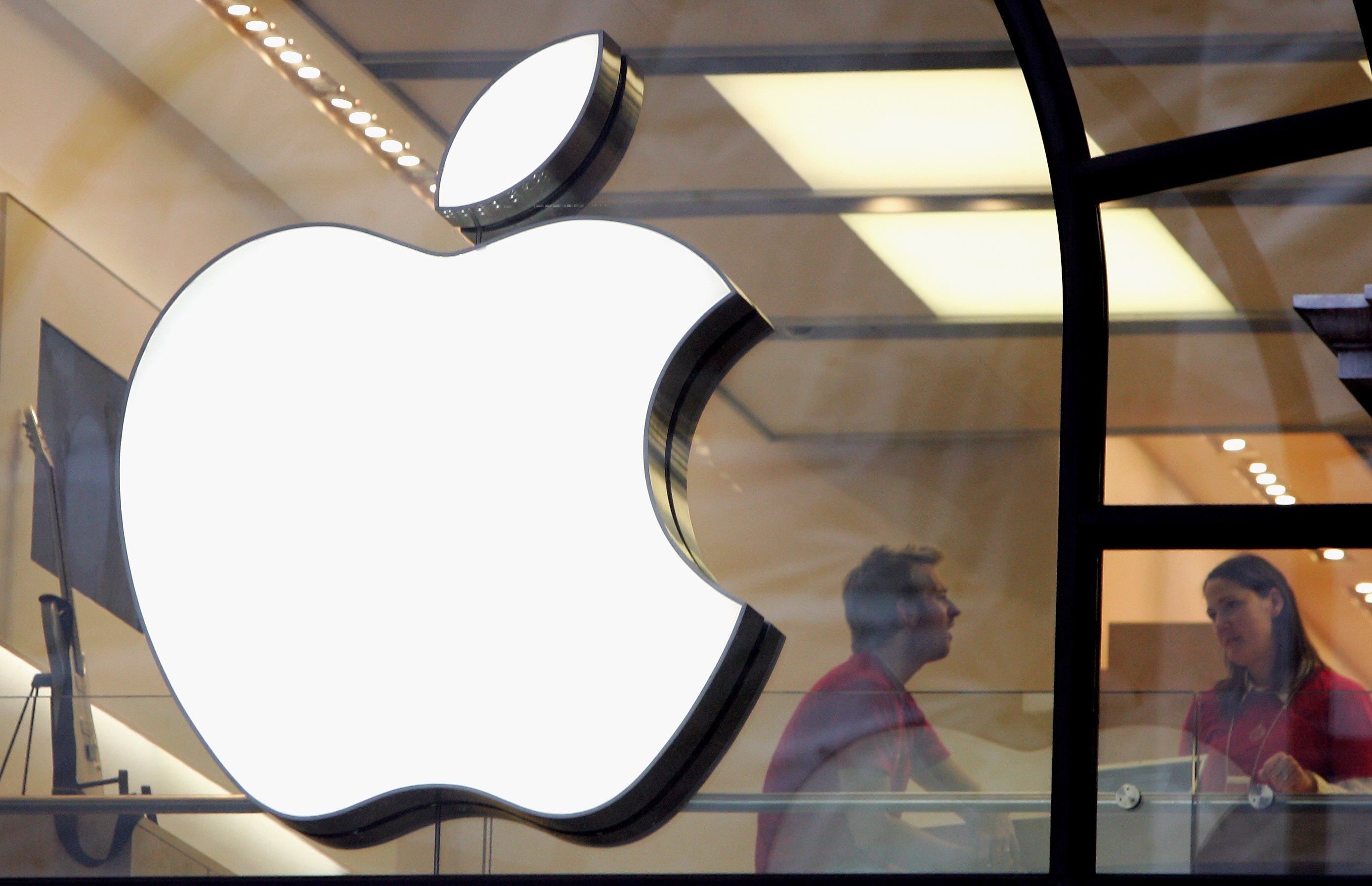Apple using 'privacy as cover' for advertising push, claims analyst
Apple’s seeming commitment to privacy could just be a way of getting into the advertising market, says analyst.

In recent years, Apple has made its commitment to privacy a unique selling point, going out of its way to reassure iPhone customers that its data is safe from prying eyes.
While this stance has been somewhat undermined by the recent controversy over photo scanning for child abuse images (which has been delayed), one analyst believes that the company’s seeming commitment to privacy may disguise another long-term goal: to get into the internet advertising game that earns both Facebook and Google the lion’s share of their respective revenue.
- Everything you need to know about iOS 15
- iPhone vs. Android: Which is better for you?
- PLUS: Kill cable — these services have the most popular channels
“We view (the privacy changes) as a sign that Apple may want to compete in global advertising,” said RBC analyst Bran Erickson in a client note seen by Reuters. The ‘privacy changes’ refer to App Tracking Transparency (ATT), an update to iOS 14.5 which let iPhone owners block user tracking.
The company “can use data privacy as cover while it invests in a search algorithm behind the scenes,” Erickson continued, seemingly hinting at an Apple branded alternative to Google and Bing.
Apple Search — really?
The idea that Apple might consider challenging Google may sound a little far fetched, and it’s not the only interpretation of the company’s privacy moves. Indeed, Reuters notes that while another firm, Evercore ISI analysts, agreed that “hampering third-party advertising” would give Apple a leg up in the world of advertising, ATT was intended for user privacy, not monetization.
Creating a search engine that works as well as Google’s algorithms is a lot of work, and even well funded rivals struggle to make any significant inroads. Just this week it was reported that the most searched for term on Microsoft’s Bing was “Google”.
And Apple’s past attempts to encroach on Google’s territory haven’t always gone smoothly, as anybody who remembers the early days of Apple Maps will attest.
Get instant access to breaking news, the hottest reviews, great deals and helpful tips.
Then there’s the fact that Google pays Apple an estimated $15 billion a year to be the default search engine on the company’s iPhones. Making its own search engine would put an end to this easy money Apple is pocketing each year just by maintaining the status quo.
The flipside, of course, is that if Google can afford to pay $15 billion a year for the privilege, then being the default search engine on iPhone must be worth an awful lot to the company. Apple might decide that it wants to find out how much more it could make if it cut out the middle man. Whether privacy minded iPhone users would stand for it is another matter, though.
- More: The best iPhone apps to try now
Freelance contributor Alan has been writing about tech for over a decade, covering phones, drones and everything in between. Previously Deputy Editor of tech site Alphr, his words are found all over the web and in the occasional magazine too. When not weighing up the pros and cons of the latest smartwatch, you'll probably find him tackling his ever-growing games backlog. He also handles all the Wordle coverage on Tom's Guide and has been playing the addictive NYT game for the last several years in an effort to keep his streak forever intact.
 Club Benefits
Club Benefits






